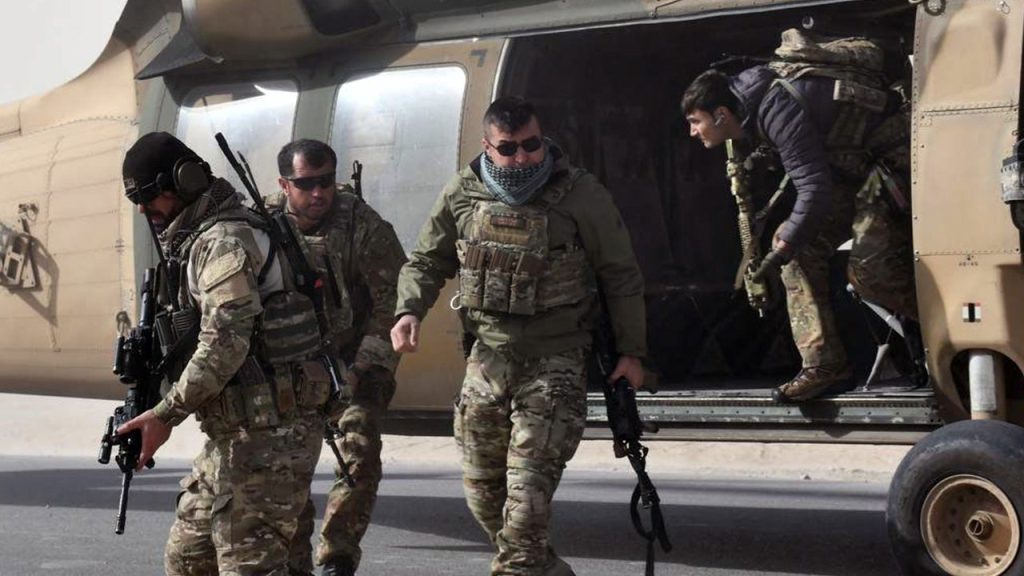Friday marked the third anniversary of the U.S. withdrawal from Afghanistan after a 20-year-long war that saw the death of thousands of American soldiers and civilians. Despite the significant financial investment and President Biden’s assertion that al Qaeda was eradicated, the terrorist group has actually grown in strength, with an estimated 50,000 members and associates in Afghanistan alone, many of whom have received training for overseas operations in recent years. Al Qaeda now poses a serious threat, operating in multiple countries across the Middle East and beyond, with numerous training camps established in Afghanistan following the U.S. withdrawal.
Al Qaeda’s resurgence is accompanied by a new level of support from nation-states, including Iran, which has reportedly provided shelter and arms to the group despite historical differences between Sunni al Qaeda and Shiite Iran. This alliance signals a concerning development in the fight against Islamic extremism, as Iran has also strengthened ties with the Taliban and assisted in the reconstitution and recruitment of al Qaeda. The meeting in Tehran involving Iranian and al Qaeda leaders, as well as a Taliban representative, highlights the collaboration between these groups in preparing for future attacks against the U.S. and its allies.
The U.S.’s failure to effectively combat the Taliban and counter state-funded support for terrorist groups has created a volatile situation in Afghanistan, where terrorist organizations are regrouping and forming alliances with Western adversaries like Iran, North Korea, Russia, and China. The lack of a coherent long-term strategy in Afghanistan has left Afghan forces ill-equipped and demoralized, paving the way for the Taliban’s resurgence and the destabilization of the region. The consequences of political turmoil in the U.S. and a series of poor strategic decisions have had far-reaching effects on global security, with Afghanistan once again becoming a breeding ground for terrorism.
Former Afghan Lt. Gen. Sami Sadat, who remained fighting the Taliban after the collapse of the Afghan government, emphasizes the need for a renewed effort to reclaim Afghanistan and steer it towards peace and prosperity. He criticizes the short-sighted approach taken by multiple U.S. administrations in treating the conflict in Afghanistan as a temporary intervention rather than a long-term commitment. Sadat advocates for a shift in mindset from viewing the conflict as an “endless war” to recognizing the importance of consistent support for Afghan forces and addressing the underlying factors fueling terrorism in the region.
As the U.S. reflects on the aftermath of its withdrawal from Afghanistan, it must acknowledge the lessons learned from the failures of the past two decades. The rise of al Qaeda and its newfound alliances with state actors like Iran underscore the importance of maintaining vigilance and addressing the root causes of terrorism. There is a pressing need for a comprehensive, sustainable approach to combating extremism and fostering stability in Afghanistan and beyond. The experiences of individuals like Sami Sadat, who are committed to returning to Afghanistan and rebuilding the country, serve as a reminder of the resilience and determination needed to address the ongoing challenges posed by terrorism in the region.













